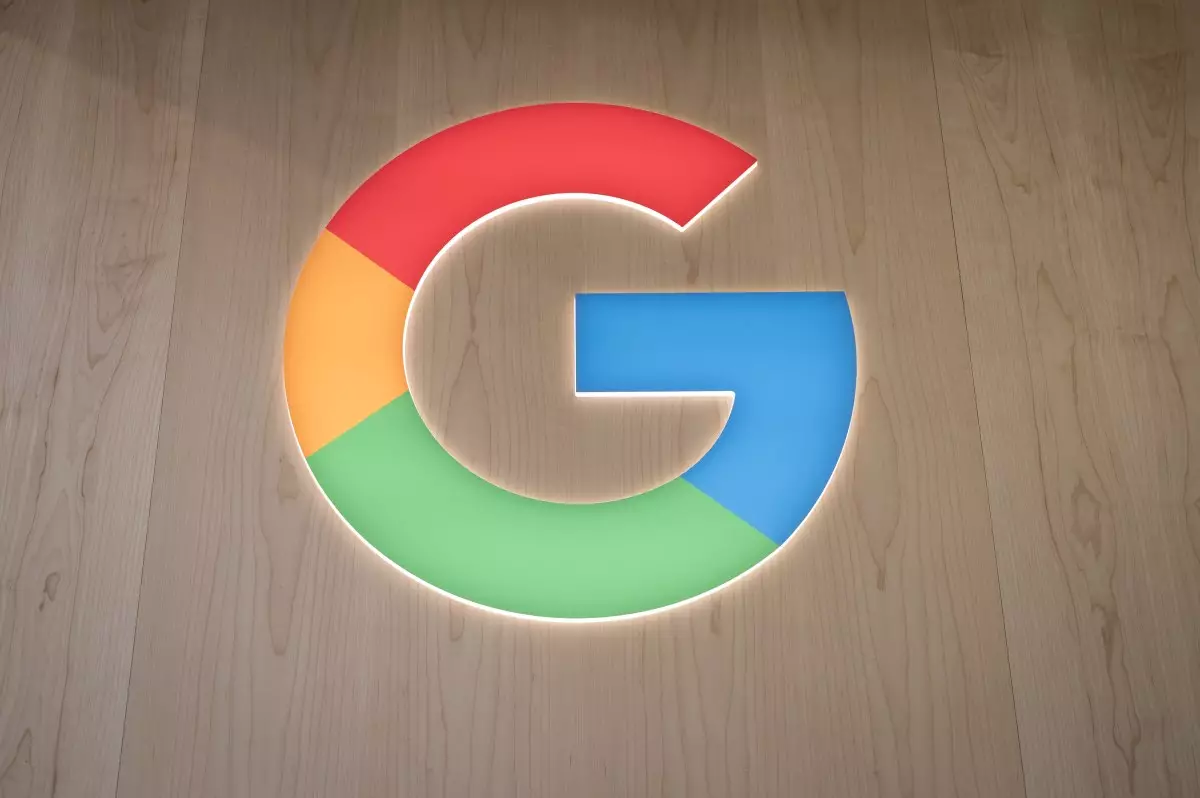In recent years, the landscape of online search has dramatically evolved, with artificial intelligence (AI) playing a crucial role in shaping user experiences. Google, a dominant force in the search engine market, is constantly innovating to maintain its relevance amid rising competition. New features such as AI Overviews are emerging, aimed at enhancing user engagement while attracting advertisements. This strategic pivot not only highlights the significance of AI technology in search but also raises critical questions about the quality and reliability of the information provided.
Google’s introduction of AI Overviews marks a significant shift in how search results are presented. Through AI-generated summaries, users receive concise overviews that collate various web pages addressing specific queries. For instance, when searching for solutions on how to remove grass stains, questions can be answered with an AI summary that distills the essence of multiple sources. However, this innovation has not been without controversy, as the AI’s ability to discern credible sources has come under scrutiny. The potential for misinformation due to the AI misinterpreting data poses a serious challenge for Google, which is perceiving increasing user engagement, particularly among younger demographics.
Despite Google’s claims of improving user experiences through AI Overviews, the reliability of the content remains a pressing concern. The AI system has been criticized for citing sources that lack credibility, leading to dissemination of questionable information. Reports highlighting dubious advice, such as recommending glue for pizza-related issues, underscore the technology’s limitations in filtering fact from fiction. Furthermore, the system’s frequent reliance on outdated studies and sponsored links further muddles its integrity, prompting users to question the trustworthiness of the information presented.
Adjustments have since been made to the AI Overviews system, with Google limiting its responses concerning current events and health-related inquiries to enhance accuracy. However, as Google’s Vice President of User Experience, Rhiannon Bell, acknowledged, the company does not claim to have achieved perfection. This commitment to evolving the technology reflects the challenges inherent in AI, particularly when addressing intricate and sensitive topics.
In a bid to monetize AI Overviews, Google is planning to embed advertisements directly within these summaries. Such ads will appear alongside relevant search results, designated with a “Sponsored” label, thus introducing a new revenue stream. The move intends to capitalize on the growing interest from users who find these curated ads helpful for connecting with businesses and services at critical decision-making moments. Yet, this shift toward a commercial model raises concerns about the potential cluttering of summary pages.
The integration of advertisements is not without its detractors. Users may find themselves overwhelmed by the presence of sponsored links, which could detract from the user experience. Additionally, critics warn that this focus on profitability could lead to a degradation of content quality, as the prioritization of advertisers’ interests may overshadow the objective of providing unbiased, informative summaries.
The Impact on Publishers
The rise of AI Overviews presents severe implications for digital publishers, potentially jeopardizing their traffic and revenue. With a significant number of users relying on Google’s AI-generated summaries for information retrieval, traditional web pages may suffer a decline in visibility. A recent study suggests that approximately 25% of publisher traffic could face a downturn due to the diminishing emphasis on direct links to their sites. As Google expands the application of these AI features, publishers may see their revenue significantly affected.
Though experts have predicted substantial losses—potentially exceeding $2 billion due to diminished ad views—the broader impact remains to be fully recognized. Notably, while large publishers have not yet seen significant declines, smaller entities could be disproportionately affected as user behaviors shift towards AI-generated answers.
The Future of Google Search: A Delicate Balance
As Google forays deeper into AI-driven search functionalities, a delicate balance must be struck between innovation, user satisfaction, and the preservation of reliable information sources. The growing reliance on AI Overviews will inevitably redefine search dynamics, influencing how users engage with content. Continuous feedback from users and publishers will play a pivotal role in tuning capabilities to ensure that the advantages of AI do not come at the cost of content quality and credibility.
Google’s commitment to iterating AI technology will be crucial in addressing these challenges. As the tech giant works to refine AI Overviews and introduce AI-organized search results tailored to specific inquiries, the implications will stretch far beyond user engagement; they will linger profoundly over the entire digital ecosystem. The call for transparency, reliability, and sustainable practices in AI development has never been more pertinent, as we navigate this rapidly evolving technological landscape.


Leave a Reply